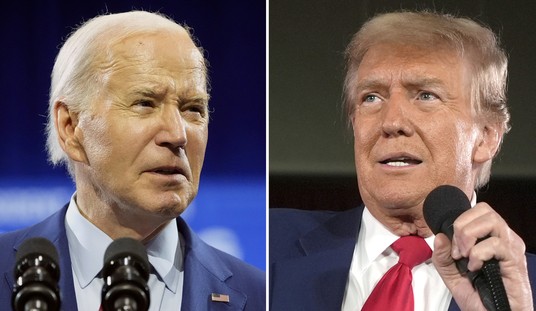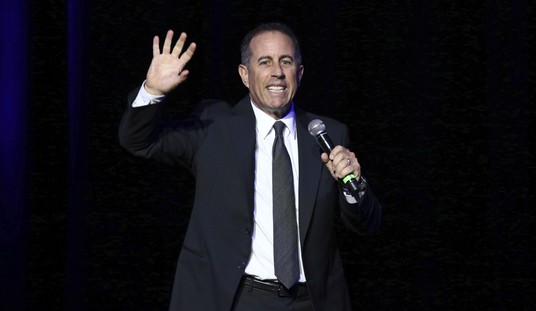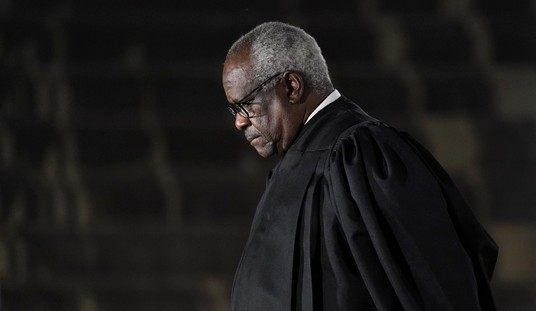There is a sense of hopelessness in America right now. You can hear it when you talk to friends and listen to their fear of losing a job. Set aside getting a raise or promotion, they’re grateful just to get a paycheck.
You can see it in the faces of family members who have lost jobs or their retirement savings. How will they be able to pay their mortgage or ever retire? Forget selling a home and downsizing; their homes have been so devalued they may never be able to sell without owing more than the home’s worth.
You can sense it in the general mood of the man on the street. Gone is the optimistic smile or carefree greeting you might have encountered in better times. Everyone is so worried about “ just making it,” they don’t have the energy to be cheerful.
Per their profession, pollsters have tried to quantify this public sentiment. According to Gallup, an astonishing 81 percent of Americans don’t like the nation’s current governance; 56 percent believe the nation’s economic conditions are poor; 74 percent believe economic conditions are worsening; nearly half of respondents characterize themselves as “struggling.”
Read any news publication’s headlines and it’s replete with doom and gloom. In such an environment, even the most optimistic among us is tempted to give way to the fear and hopelessness gripping the country’s soul.
This hopelessness is rather ironic, considering it was lofty rhetoric of hope and change that lifted a first term, junior senator from Illinois into the White House just three years ago. When Barack Obama enraptured the nation with his polished promises of a utopian state in 2008, he and his advisers seized upon “hope” and its promises of a brighter future despite current circumstances.
Recommended
Unfortunately, so many of the young, idealistic voters who placed their faith in Obama have now realized that rhetorical hope is a far cry from true hope. With more than 18 percent of young people unemployed, it is a hard lesson to learn, but a necessary lesson they will bear in mind the next time they are tempted to place their faith in a politician.
There is a saying that, “Hope floats.” It means that hope can overcome any trial or grief that threatens to drown us. Perhaps that is why so many politicians like to invoke hope during tough economic times. It is true: hope is essential to our survival. Without it, we would throw in the towel and in desperation resign ourselves to the status quo or worse.
The last three years of Obama’s hope and change have proven that the hope he promised is the hope that won’t float. It’s the hope that preys upon people’s desires and dreams, but does so only for political expediency.
It’s time for America to remember the key difference between Obama’s rhetorical hope that promises a political panacea and the hope that catapulted America to greatness.
America is great because people don’t place their hope in the government. They place their hope in God, and trust that with hard work and honest living, they will prosper.
As Ronald Reagan so succinctly pointed out, "...government is not the solution to our problem; government is the problem.” Hoping that government will solve our woes will inevitably lead to more problems and a loss of the freedoms that can actually solve those problems.
Hoping that government will provide a job, healthcare, education, a home, and security throughout life is misplaced hope that will result in disappointed hope. Hope not founded on the sound principles of personal responsibility and limited government is the demagoguery that inevitably produces despotism.
Abraham Lincoln, a president who certainly needed hope to sustain the American people during a very dark time, once referred to America as the “last best hope of earth.” In an 1861 speech in Philadelphia, Lincoln described what set America apart from so many other nations. He said that there is "something in that Declaration giving liberty, not alone to the people of this country, but hope to the world for all future time." Liberty, not government, is the hope that has drawn people to America’s shores and has set apart this nation. That’s the kind of hope that floats.






















Join the conversation as a VIP Member